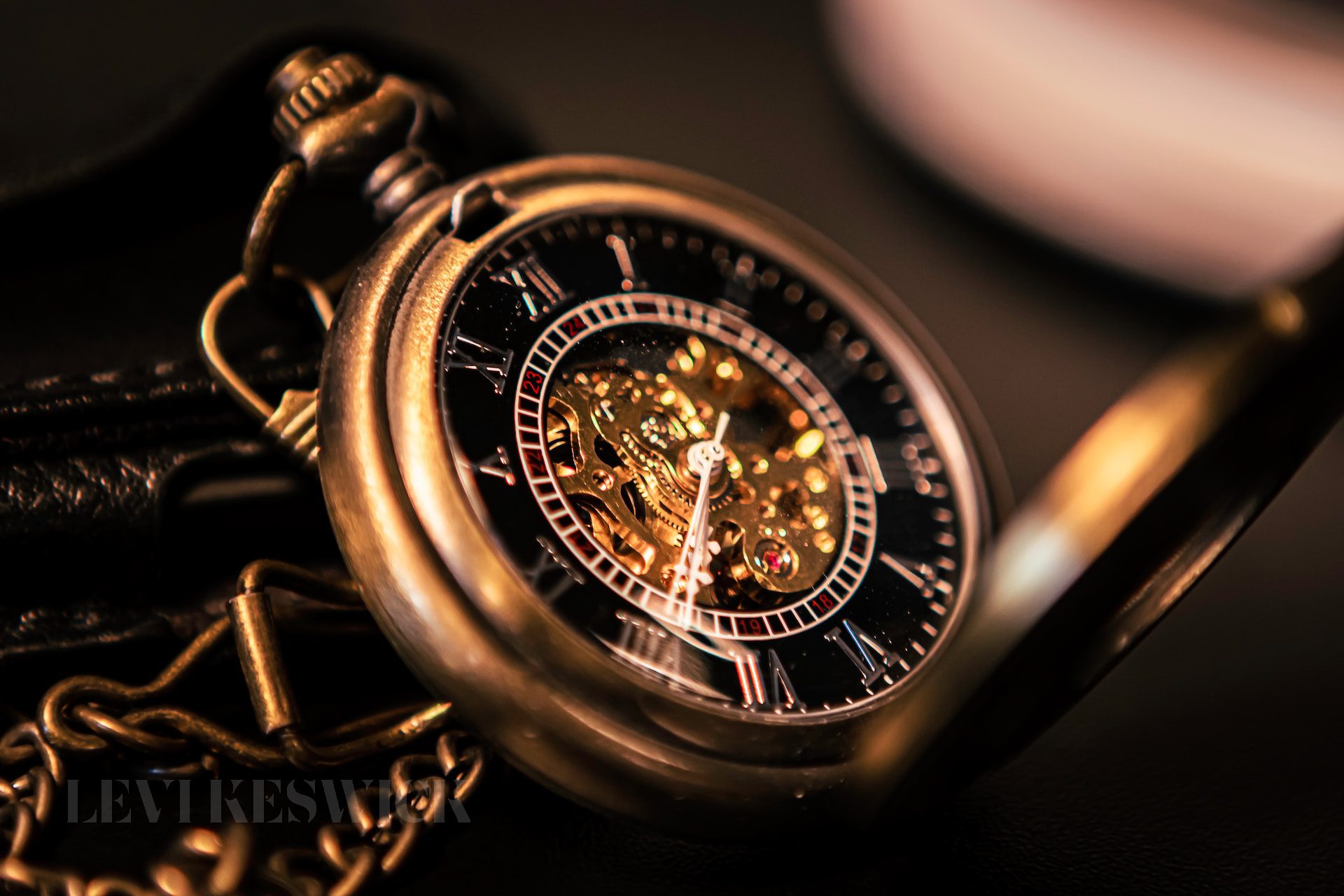Key Takeaways:
Antique pocket watches represent an era of elegance and timeless craftsmanship. By familiarizing yourself with the renowned brands in the pocket watch world, you can embark on a captivating journey of collecting and preserving these horological treasures. From Waltham’s precision to Patek Philippe’s innovation, each brand holds a unique place in the realm of antique pocket watches. Whether you seek to adorn your collection or delve into the history of timekeeping, these famous pocket watch brands offer a glimpse into the remarkable heritage of horology.
Introduction
Antique pocket watches evoke a sense of grace and sophistication from the 19th and early 20th centuries. These timepieces not only tell time but also serve as a reflection of the industrial society’s advancements during that era. Collectors and enthusiasts are captivated by the unique craftsmanship and intricate movements found in these classic watches. In this article, we delve into the world of antique pocket watches and explore the foundation, development, and famous creations of renowned pocket watch brands.
Waltham: A Legacy of Precision
Founded in 1850, the Waltham Watch Company stands as a testament to precision and innovation. Despite facing various challenges and undergoing name changes and mergers, Waltham produced exceptional timepieces with interchangeable parts. Notably, Abraham Lincoln owned a Waltham “Wm. Ellery” watch, showcasing the brand’s esteemed reputation even during the Civil War.
Elgin: A Timekeeping Powerhouse
For collectors embarking on their pocket watch journey, Elgin serves as an excellent starting point. Over its 100 years of operation, Elgin manufactured over 60 million pocket watches, making them accessible and affordable for enthusiasts. Alongside Waltham, Elgin dominated the mid-range pocket watch market. In 1910, Elgin achieved a significant milestone by producing the first wristwatch suitable for railroad timekeeping, solidifying its position as a timekeeping powerhouse.
Patek Philippe: A Legacy of Innovation
Patek Philippe, a Swiss watchmaker, is renowned for its unwavering commitment to quality and continuous innovation. As a family-owned business, Patek Philippe crafts some of the world’s finest watches, known for their extreme complications and exquisite craftsmanship. One notable creation, the 1933 “Supercomplication” pocket watch, fetched a staggering $11 million at a 1999 auction, solidifying Patek Philippe’s status as a pinnacle of horological excellence.
Rockford: A Short-Lived Gem
Rockford, although operational for a relatively short period from 1873 to 1915, left a lasting mark on the pocket watch industry. Situated at the intersection of three railway lines near Chicago, Rockford produced railroad pocket watches that gained popularity in the upper Midwest. Collectors should keep an eye out for watches marked RG, denoting their railroad grade. Due to Rockford’s limited lifespan, these timepieces hold great collectible value.
Ingersoll: Revolutionizing the Market
Ingersoll gained widespread recognition not only for its timepieces but also for its groundbreaking marketing and distribution strategies. In the 1890s, Ingersoll produced a watch that could be sold profitably for a single dollar, paving the way for mass-market accessibility. Collaborating with the Waterbury Clock Company, Ingersoll successfully distributed these first mass-market watches across the United States, making timekeeping more attainable for the general public.
Gruen: The Pioneers of Lightness
The Gruen family revolutionized watch production by focusing on creating slim and lightweight timepieces. In 1904, the Gruen VeriThin reimagined the components of a traditional pocket watch, making it significantly lighter. Gruen also played a vital role in the development of wristwatches, which initially faced resistance among men due to their association with femininity. However, after World War I, wristwatches gained popularity among men, and Gruen’s contributions remained influential.
Dudley: A Masonic Legacy
For those involved in Masonic groups, Dudley pocket watches hold a special allure. William Dudley, a lifelong watchmaking enthusiast, founded the Dudley Masonic Watch Co. His watches feature intricate Masonic symbols, reflecting his dedication to the craft. Unfortunately, Dudley’s business encountered financial difficulties as wristwatches surged in popularity, leading to bankruptcy in 1925. Today, Dudley watches are treasured for their rarity and Masonic symbolism.
Seth Thomas: Timekeeping Excellence
Seth Thomas, known as one of the most successful clock makers, also left its mark on the pocket watch industry. From 1884 to 1915, Seth Thomas produced pocket watches characterized by a quick beat train of 18,000 beats per hour. Despite their excellence, the company, like many others on this list, succumbed to the rise of wristwatches and the challenges posed by the Great Depression.
Ball: Setting the Standard
The Ball Watch Company played a pivotal role in the development of manufacturing and testing standards for railroad timekeeping. While Ball contracted with various companies to produce their watches, they established the stringent standards that American watchmakers followed. The phrase “on the ball” in English stems from the accurate timekeeping achieved after the implementation of these standards. Even today, Ball’s standards form the foundation for modern chronometer standardization.








